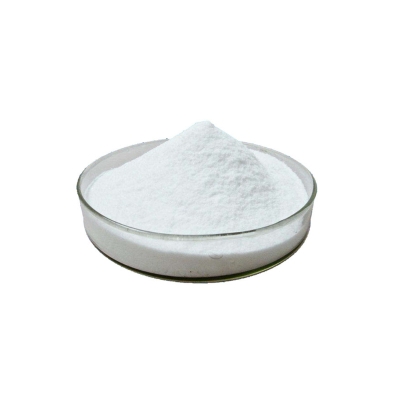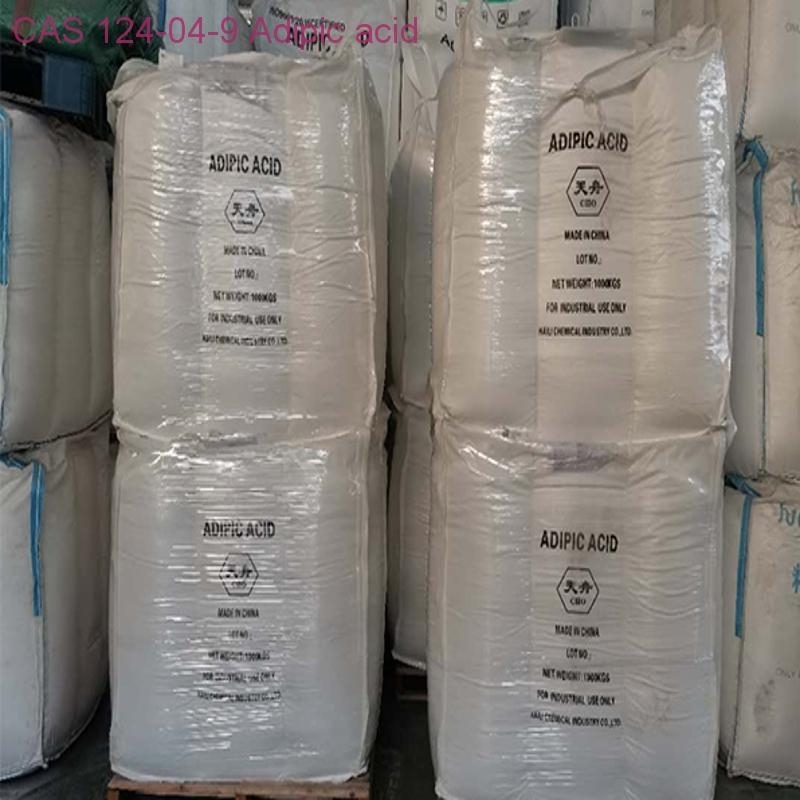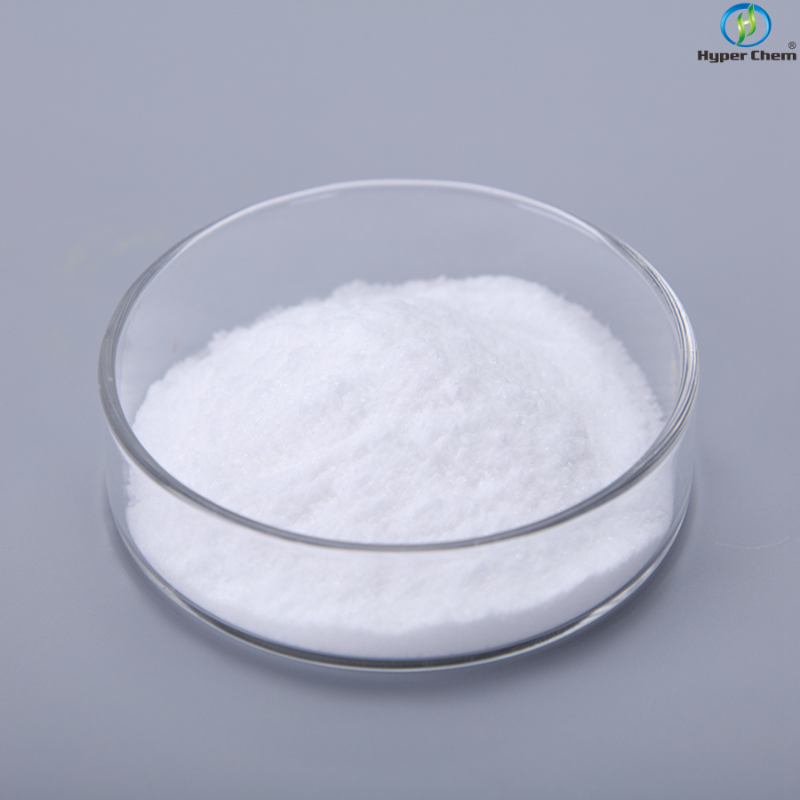-
Categories
-
Pharmaceutical Intermediates
-
Active Pharmaceutical Ingredients
-
Food Additives
- Industrial Coatings
- Agrochemicals
- Dyes and Pigments
- Surfactant
- Flavors and Fragrances
- Chemical Reagents
- Catalyst and Auxiliary
- Natural Products
- Inorganic Chemistry
-
Organic Chemistry
-
Biochemical Engineering
- Analytical Chemistry
-
Cosmetic Ingredient
- Water Treatment Chemical
-
Pharmaceutical Intermediates
Promotion
ECHEMI Mall
Wholesale
Weekly Price
Exhibition
News
-
Trade Service
Loofah is an ordinary dish
.
Recently, it was reported that Aunt Jiang from Sichuan bought a loofah to make soup at the vegetable market.
When she ate it, she felt that the loofah was very bitter.
Although it was a bit strange, she didn't want to throw it away
.
.
Recently, it was reported that Aunt Jiang from Sichuan bought a loofah to make soup at the vegetable market.
When she ate it, she felt that the loofah was very bitter.
Although it was a bit strange, she didn't want to throw it away
.
But soon after eating, the family of three had vomiting and diarrhea.
Later, they were rushed to the hospital for emergency treatment
.
The test results showed that the vomit and excrement of Aunt Jiang’s family contained alkali glycoside alkaloids.
It was this alkaloid that caused the symptoms of poisoning in three people and almost killed them.
The toxin came from bitter loofah
.
Later, they were rushed to the hospital for emergency treatment
.
The test results showed that the vomit and excrement of Aunt Jiang’s family contained alkali glycoside alkaloids.
It was this alkaloid that caused the symptoms of poisoning in three people and almost killed them.
The toxin came from bitter loofah
.
Can loofah really turn into a table killer? What is an alkali glycoside alkaloid? How to avoid poisoning?
Loofah, cheap and nutritious vegetable
Loofah gourd, also known as day, days Luo, cotton melon, cloth melon, melon day contact, and so on Diaogua day
.
Loofah is native to India, and it was introduced to China around the end of the Tang Dynasty and the beginning of the Song Dynasty
.
Because of its high yield and good quality, it is grown in many places in our country
.
.
Loofah is native to India, and it was introduced to China around the end of the Tang Dynasty and the beginning of the Song Dynasty
.
Because of its high yield and good quality, it is grown in many places in our country
.
Loofah is divided into two types: ribbed and non-ribbed
.
The ribbed gourd is called ribbed loofah.
This type of melon is very long, like a stick, with a green appearance and a thicker front end, usually with 8-10 ribs
.
The flesh of the melon is white, and the meat is very crisp and tender
.
.
The ribbed gourd is called ribbed loofah.
This type of melon is very long, like a stick, with a green appearance and a thicker front end, usually with 8-10 ribs
.
The flesh of the melon is white, and the meat is very crisp and tender
.
There is also a kind of loofah without ribs, that is, ordinary loofah, also commonly known as "water melon"
.
Common varieties are snake gourd and stick gourd
.
.
Common varieties are snake gourd and stick gourd
.
The price of loofah is low
.
In Beijing, it's less than one yuan per pound
.
In this economic era, price is the best manifestation of one's worth
.
It is also because the price of loofah is so low that people don't treat it much
.
.
In Beijing, it's less than one yuan per pound
.
In this economic era, price is the best manifestation of one's worth
.
It is also because the price of loofah is so low that people don't treat it much
.
In summer, there are few vegetables, and it is rare that a new variety of loofah goes on the market.
From the perspective of balanced nutrition and food diversity, loofah is also a good choice
.
But many people don't like to eat loofah
.
One of the important reasons is that many people think that loofah is not tasty and smells bad
.
From the perspective of balanced nutrition and food diversity, loofah is also a good choice
.
But many people don't like to eat loofah
.
One of the important reasons is that many people think that loofah is not tasty and smells bad
.
Loofah smells unpleasant and tastes slightly bitter, mainly because of the bitterness contained in it
.
This kind of substance is a little bit in melons and vegetables.
The bitter gourd we eat is the most, so bitter gourd tastes particularly bitter
.
However, the bitterness content in loofah is very low and generally not bitter
.
.
This kind of substance is a little bit in melons and vegetables.
The bitter gourd we eat is the most, so bitter gourd tastes particularly bitter
.
However, the bitterness content in loofah is very low and generally not bitter
.
However, the bitterness in loofah is mainly in the skin.
When eating loofah, as long as the skin is peeled, there will be no bitterness
.
When eating loofah, as long as the skin is peeled, there will be no bitterness
.
In fact, the flesh of the loofah is sweet and crisp, and it is a very good vegetable; from a nutritional point of view, the loofah also has its nutritional value
.
.
Sticky hands slippery on loofah? That's dietary fiber!
Many people feel sticky and slippery on their hands when cutting loofah, and many people worry about whether there are any harmful substances
.
In fact, don't worry, this is mainly because the loofah is rich in polysaccharides
.
.
In fact, don't worry, this is mainly because the loofah is rich in polysaccharides
.
Polysaccharides are not unfamiliar to us.
The starch that we eat every day is actually a kind of polysaccharide.
When washing kelp, it has a sticky feeling.
It is actually a polysaccharide
.
The function of this polysaccharide is very similar to that of dietary fiber.
It will not be absorbed by our body, but it can be dissolved in water, so it will feel sticky to the touch
.
However, it can increase the activity of the intestines, which has great benefits for alleviating constipation and promoting intestinal health
.
The starch that we eat every day is actually a kind of polysaccharide.
When washing kelp, it has a sticky feeling.
It is actually a polysaccharide
.
The function of this polysaccharide is very similar to that of dietary fiber.
It will not be absorbed by our body, but it can be dissolved in water, so it will feel sticky to the touch
.
However, it can increase the activity of the intestines, which has great benefits for alleviating constipation and promoting intestinal health
.
In addition, among melons and vegetables, loofah is also rich in carotene and vitamin A, and the trace elements such as calcium, iron and zinc are also acceptable.
It is good to eat it in the hot summer
.
It is good to eat it in the hot summer
.
Loofah poisoning?
The normal loofah taste is usually not bitter and will not cause poisoning after consumption
.
However, some loofah has a bitter taste.
[Bitter loofah] may be poisonous
.
.
However, some loofah has a bitter taste.
[Bitter loofah] may be poisonous
.
[Bitter loofah] It looks very similar to ordinary loofah.
It is difficult to distinguish from the appearance, but bitter loofah contains an alkali glycoside toxin, which is difficult to remove after heating.
If you don’t eat it with a snack, it usually takes half an hour.
Symptoms of poisoning can appear within a few hours
.
In mild cases, dry mouth, dizziness, nausea, fatigue, and drowsiness, in severe cases, nausea, vomiting, abdominal cramps, diarrhea, dehydration, pus and blood in the stool, and in severe cases, there are life concerns
.
It is difficult to distinguish from the appearance, but bitter loofah contains an alkali glycoside toxin, which is difficult to remove after heating.
If you don’t eat it with a snack, it usually takes half an hour.
Symptoms of poisoning can appear within a few hours
.
In mild cases, dry mouth, dizziness, nausea, fatigue, and drowsiness, in severe cases, nausea, vomiting, abdominal cramps, diarrhea, dehydration, pus and blood in the stool, and in severe cases, there are life concerns
.
A study has analyzed 49 cases of bitter gourd poisoning.
The results found that all the poisoned loofahs were produced by the same normal loofah last year.
There was no abnormality in the fruit that year, and there were no adverse reactions when eating raw or cooked loofah
.
However, if you eat it again in the second year, you will be poisoned
.
The symptoms of bitter gourd poisoning are very similar to those of kidney bean poisoning, and it is suspected that it may contain alkaloids
.
The results found that all the poisoned loofahs were produced by the same normal loofah last year.
There was no abnormality in the fruit that year, and there were no adverse reactions when eating raw or cooked loofah
.
However, if you eat it again in the second year, you will be poisoned
.
The symptoms of bitter gourd poisoning are very similar to those of kidney bean poisoning, and it is suspected that it may contain alkaloids
.
Therefore, if the loofah tastes particularly bitter, it is best not to eat it
.
.
How to prevent poisoning?
In fact, it is relatively simple.
As long as the taste is too bitter, don't eat it.
Moreover, the loofah that is too bitter is not good at all
.
As long as the taste is too bitter, don't eat it.
Moreover, the loofah that is too bitter is not good at all
.
You should know that the alkaloids in plants usually have a heavier bitter taste.
For the plants themselves, these alkaloids are actually a kind of self-protection
.
It can prevent pest bites and prevent animals from eating
.
Therefore, if you find that it is particularly bitter when eating, it is best not to eat it
.
For the plants themselves, these alkaloids are actually a kind of self-protection
.
It can prevent pest bites and prevent animals from eating
.
Therefore, if you find that it is particularly bitter when eating, it is best not to eat it
.
Have you ever used this at home?
Loofah also has a magical effect
In addition to being an ingredient, loofah can also be used magically
.
.
After the loofah is mature, rub the skin and pulp, or soak it in water until the peel and pulp rot, take it out and wash, remove the seeds, and dry it.
It becomes a "melon network", which can be used to wash pots and dishes, which is very convenient and practical
.
It becomes a "melon network", which can be used to wash pots and dishes, which is very convenient and practical
.







